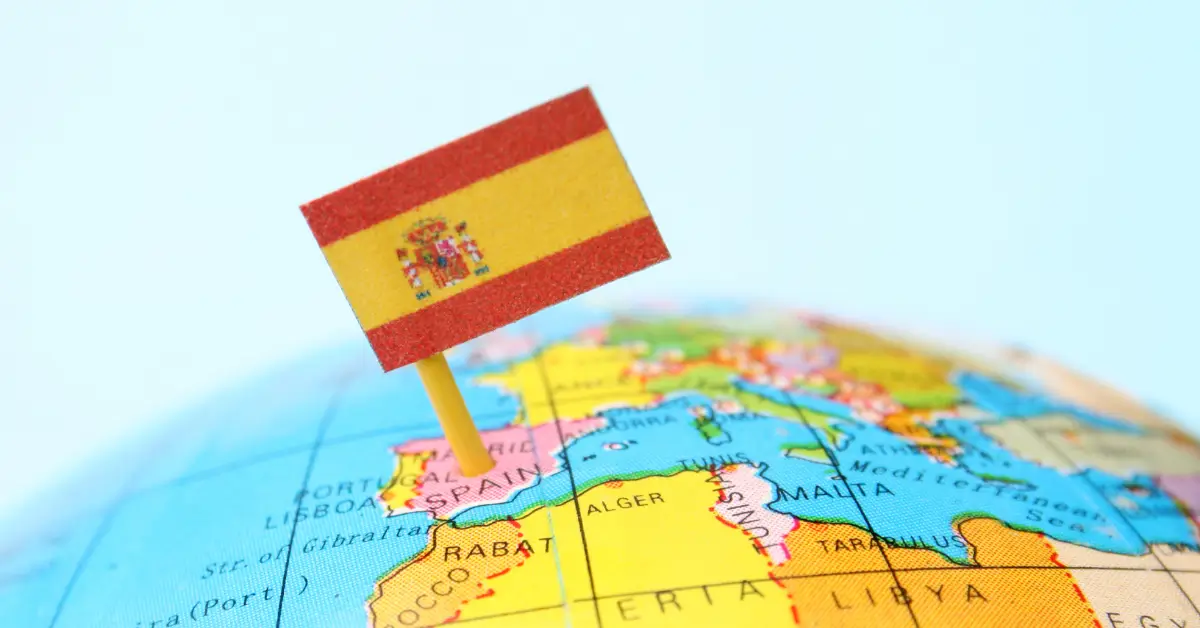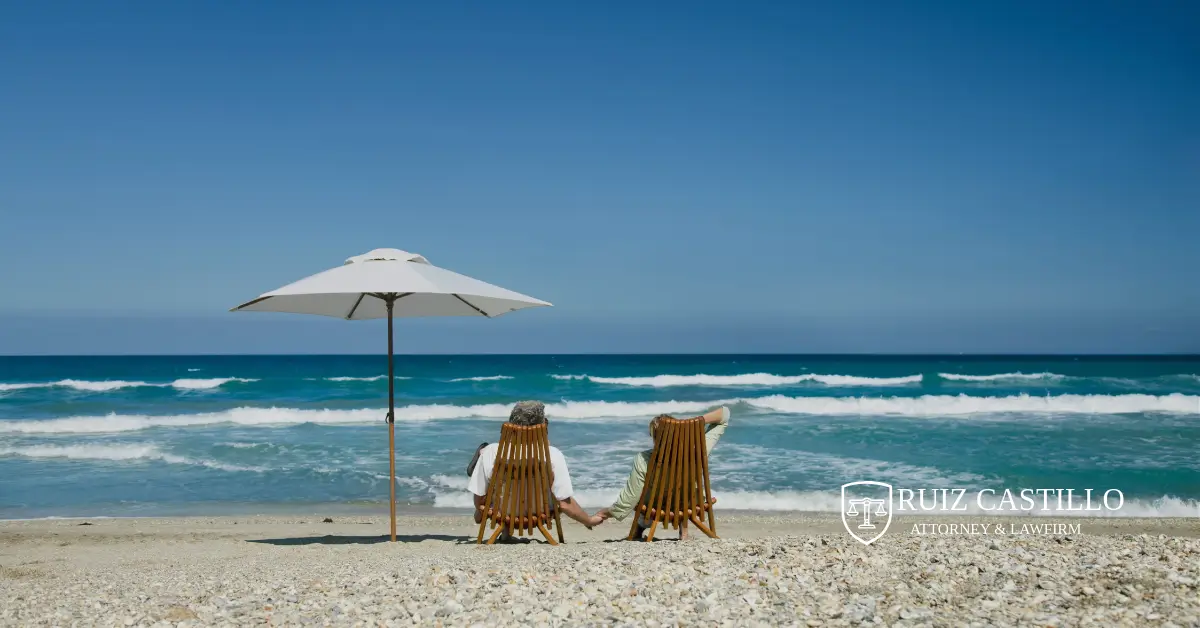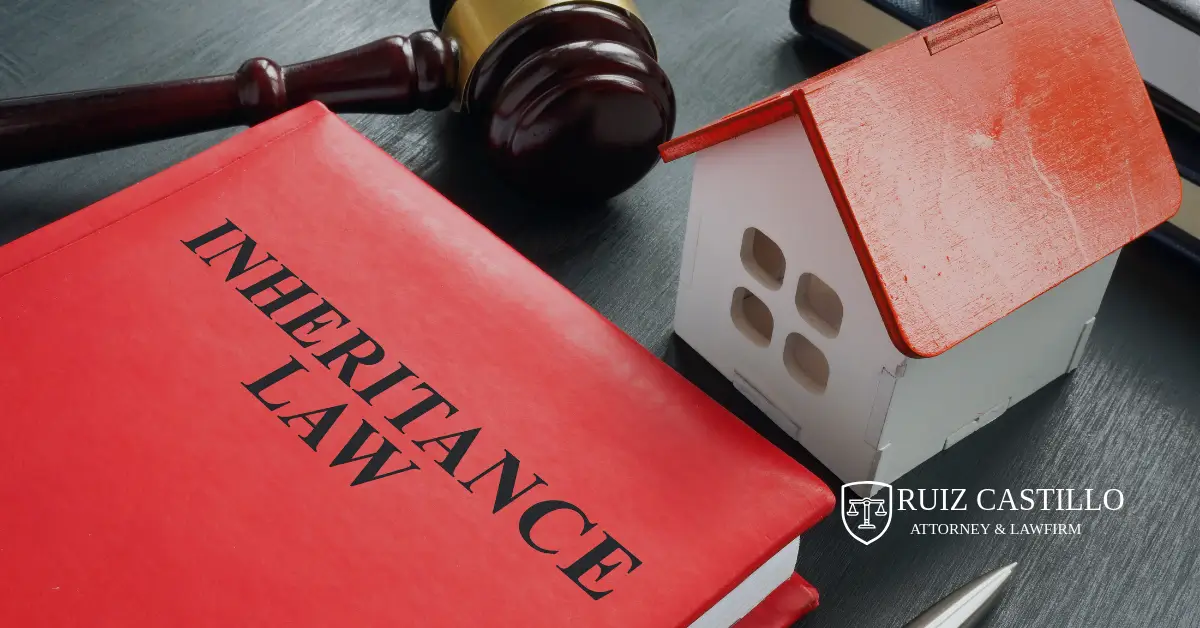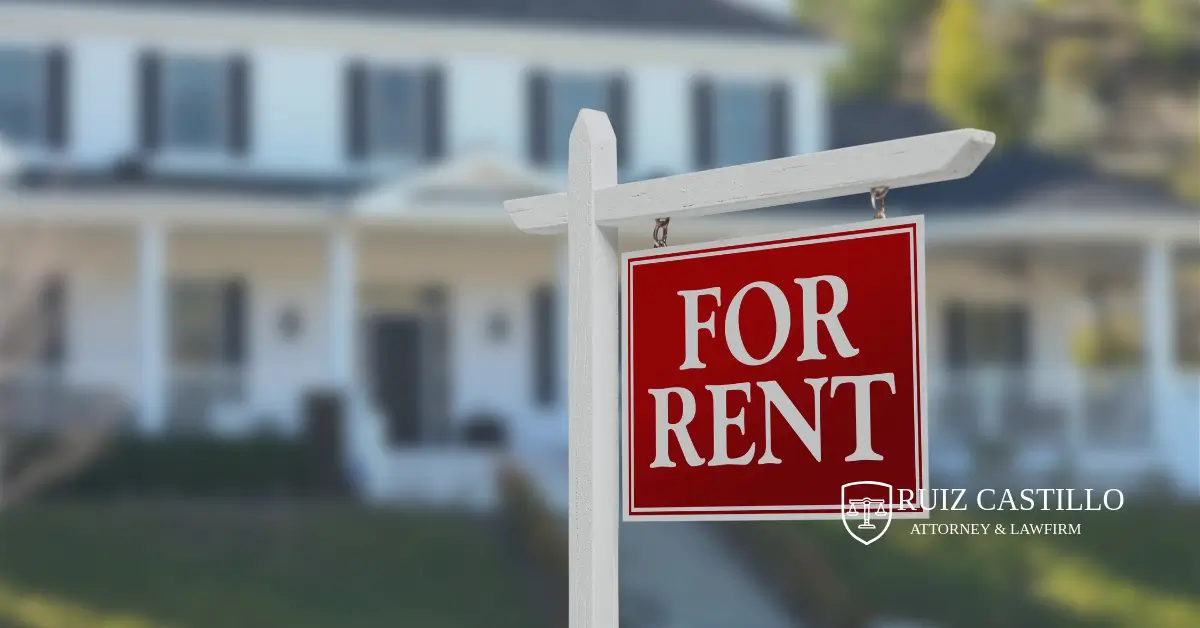
For expat families moving to Spain, understanding the local education system is a key priority. Spain offers several educational options, including public schools, private schools, international schools, and alternative education like homeschooling. Navigating these choices can seem complex, but with the right information, you can ensure your children receive a quality education that suits their […]
Happy clients
Experience
Masters degrees
For expat families moving to Spain, understanding the local education system is a key priority. Spain offers several educational options, including public schools, private schools, international schools, and alternative education like homeschooling. Navigating these choices can seem complex, but with the right information, you can ensure your children receive a quality education that suits their needs. In this guide, we’ll explore each of these options in detail, helping you make an informed decision.
Read my in-depth article about family and personal matters for expats in Spain.
Public schools in Spain are free for all residents, including expats, and provide education in Spanish or, depending on the region, in regional languages such as Catalan, Basque, or Galician. However, there are some important details to keep in mind when enrolling your child in a public school.
To enroll your child in a public school, you will need to prove your residency status in Spain. A residency permit is essential, and the documentation required can vary depending on the region. Generally, you will need to provide:
It’s also important to note that public school enrollment typically follows a specific registration period, which varies by region. If you’re moving mid-year, check with the local education authorities to understand your options.
Public schools in Spain are primarily taught in Spanish, but most regions offer language support for non-Spanish speakers. These “programas de adaptación lingüística” are designed to help children transition into the local education system. However, the quality and availability of these programs can vary significantly between regions and individual schools. For example, larger cities tend to have more comprehensive programs, while smaller towns may offer limited resources. It’s essential to ask about these programs during the enrollment process.
While public schools are a popular option, many expat families may also explore private or international schools, which offer different curricula and language options.
Private schools in Spain typically follow the Spanish curriculum but may offer bilingual programs or instruction in other languages. These schools often have smaller class sizes and a broader range of extracurricular activities. However, tuition fees can be high, and it’s important to factor this into your decision-making process.
If you’re looking for an educational system that aligns more closely with the one in your home country, international schools are a great option. These schools often follow internationally recognized curricula, such as the International Baccalaureate (IB), British, or American systems, and offer instruction in English, French, or other languages. International schools are particularly appealing for expat families who plan to move frequently, as they provide continuity in education across different countries.
Homeschooling exists in a legal gray area in Spain. While it is not explicitly prohibited, Spanish law mandates compulsory education for children between the ages of 6 and 16. This means that families who choose to homeschool may face legal challenges if their decision is questioned by authorities.
Currently, Spain does not have a legal framework that recognizes homeschooling, and families could be required to prove that their children are receiving an education that meets state standards. Because of this, it’s essential to understand the risks involved and to consider consulting a legal expert before making this choice. If you’re considering homeschooling, I can assist you in navigating the legalities and ensuring that you comply with Spanish education laws. Contact me, José María Ruiz Castillo, for personalized legal advice.
For families seeking alternatives to traditional schooling, Spain offers several models of alternative education, including Montessori and Waldorf schools. These educational philosophies focus on holistic development and emphasize child-led learning over structured curricula.
Montessori schools are popular among expat families for their emphasis on independent, hands-on learning. Many of these schools offer bilingual programs, making them a great option for families looking to integrate their children into the local culture while maintaining their native language skills. While tuition fees apply, the Montessori approach is often seen as beneficial for young learners who thrive in less structured environments.
Waldorf schools take a more creative and artistic approach to education. They integrate subjects like music, painting, and drama with traditional academic topics, providing a well-rounded experience for children. Like Montessori, Waldorf schools in Spain often offer bilingual instruction, making them accessible to expat families.
Read my in-depth article about healthcare rights for expats in Spain.
With so many educational options available, including public, private, and international schools, as well as alternative models like Montessori and Waldorf, it’s essential to weigh each option carefully. Each choice offers unique benefits and challenges, whether it’s navigating the public school system with its regional language variations, selecting a private or international school that matches your child’s learning style, or exploring homeschooling and alternative education.
As an expat, understanding the nuances of the Spanish education system is crucial to making the right decision for your family. If you need help with school enrollment, legal advice on homeschooling, or guidance on choosing the best educational path for your children, don’t hesitate to contact me, José María Ruiz Castillo. I specialize in helping expat families navigate legal and administrative processes in Spain, ensuring that your children receive the education they deserve.







